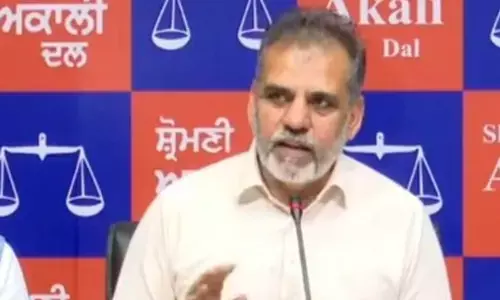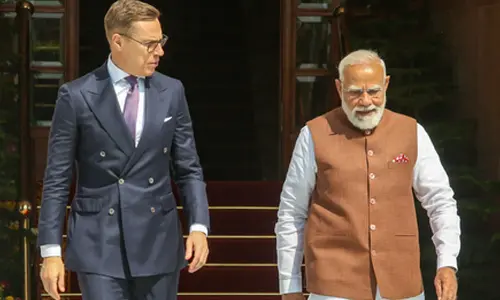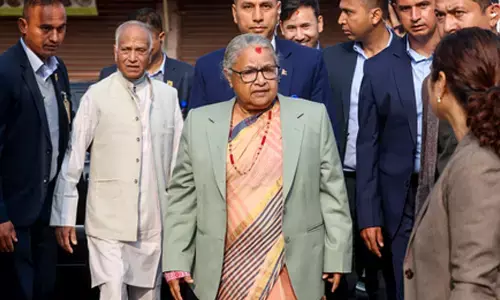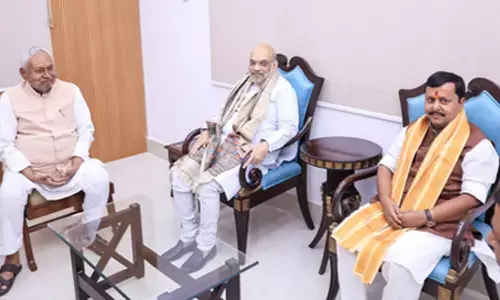Sunshine, wind and AI help Adani Electricity 'curb' Mumbaikars' power bills
Share :
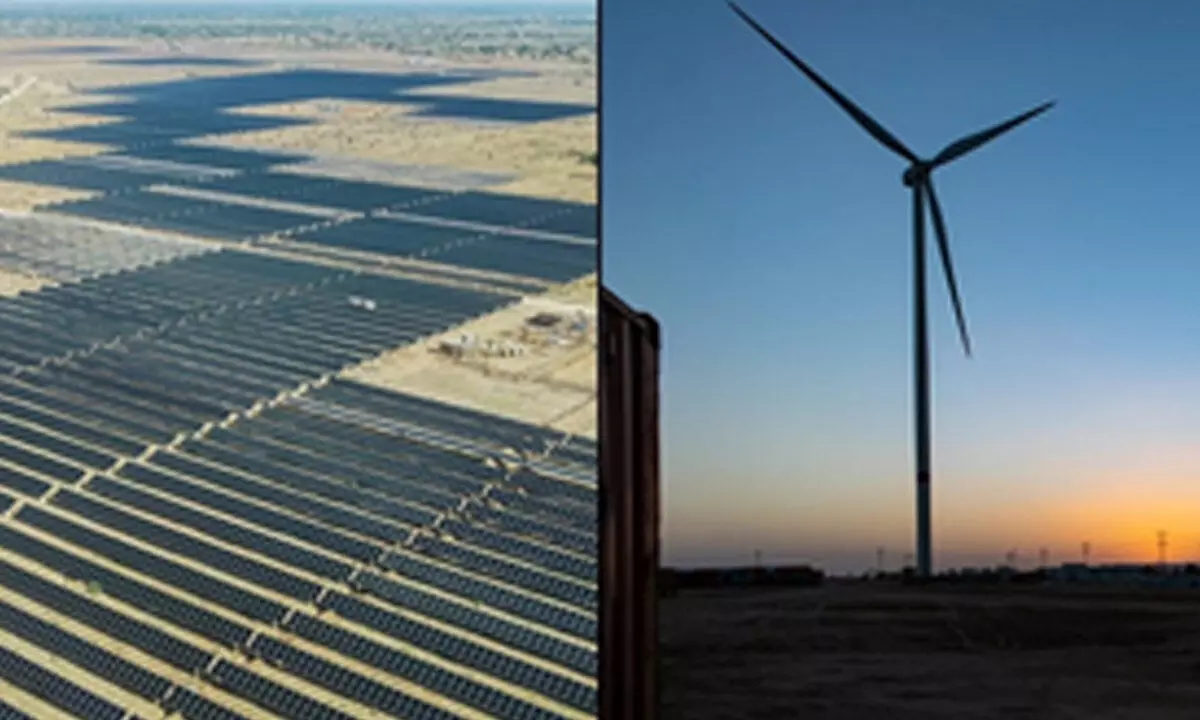
The Adani Electricity Mumbai Ltd is in its endeavour to ease the consumer's stress in Mumbai is making good use of abundant bright sunshine, merrily blowing winds and a smart dosage of 'Artificial Intelligence'.
Mumbai: The Adani Electricity Mumbai Ltd is in its endeavour to ease the consumer's stress in Mumbai is making good use of abundant bright sunshine, merrily blowing winds and a smart dosage of 'Artificial Intelligence'.
This in contrast to the volatile market forces that impact traditional sources like coal and gas, resulting in unpredictable price fluctuations, leaving the citizens to grapple rising fuel costs and hike in tariffs.
AMEL officials claim the game is simple – that “the key to competitive and stable tariffs lay in renewable sources of energy like solar and wind power” to keep monthly electric bills affordable, and within reasonable ranges.
With this mantra clear in the mind, the AMEL went hammer-and-tongs to increase its renewable energy penetration in a big way for Mumbai – from just 3 per cent in 2021 to an astounding 35 per cent by 2024.
The strategy deployed was also unique and unprecedented anywhere, the officials claimed.
“We procure renewable energy with a 50 per cent Capacity Utilisation Factor (CUF), significantly higher than the typical 30 per cent for intermittent sources like solar and wind energies,” said an official.
This was done by analysing the demand curve of its 12-million consumers, and ‘strategically matching’ solar-wind energy to cater to the peak demand hours in the country’s commercial capital.
The benchmark ‘peak demand’ during 2023-2024 was established at 2,161 MW, with an average peak of 1200MW and off-peak at 1200MW daily.
“At sunrise, the solar power kicks in, catering to the morning surge in demands and at sunset, when the winds pick up, meeting the evening peak pressures on power needs,” explained the official.
The AEML has leveraged AI to achieve a ‘near-perfect power forecasting accuracy’ and further optimize the power-purchase costs and seamlessly integrate renewables.
Of the 700 -MW hybrid energy contracted, during morning hours solar plus wind generate around 500MW-700MW, and during the evening time wind--power generates around 100MW-400MW, though these figures can vary monthly and seasonally, according to the official.
This approach has ensured reliable energy supply to the power-hungry Mumbaikars during peak hours - usually the most expensive period - courtesy the fixed-rate renewable tariffs.
The AEML flaunts results to prove how its strategy has paid off handsomely for the consumers, and by 2027, it hopes to supply 60 percent of Mumbai’s power needs through ‘clean’ or renewable energy sources.
In the past three years, the AEML’s average residential tariffs have increased by around 4 percent, compared with the steep hikes proposed by other suppliers in Mumbai.
For instance, at least one power major has proposed a staggering hike of 201 percent in tariffs for its low-end users, while favouring sections of high-end consumers and even reduced bills for certain huge public service clientele.
In Diwali 2023, AEML achieved an unprecedented major milestone when it supplied three million homes and establishments (comprising 12 million customers) with 1,200 MW of ‘clean energy’ for 4 hours on a Sunday (10 am-2 pm) to dodge a whopping 9.84 millon-kg Co2 emissions.
The officials say with pride that while other utilities struggle with outdated models, the AEML consumers can breathe freely without needless power-shocks, to enjoy reliable, affordable and green energy at all times.
Prime Minister Narendra Modi on Sunday in Guwahati said that the government is working to bring the electricity bills of the households to zero.
While unveiling several key projects in Assam, Modi said, “We have run programs to install electricity connections in every household in the country. Now we have planned to make the electricity bills zero.”
He said that setting up roof top solar power plants for 1 crore households in the country will pave the way towards achieving zero power bills.



